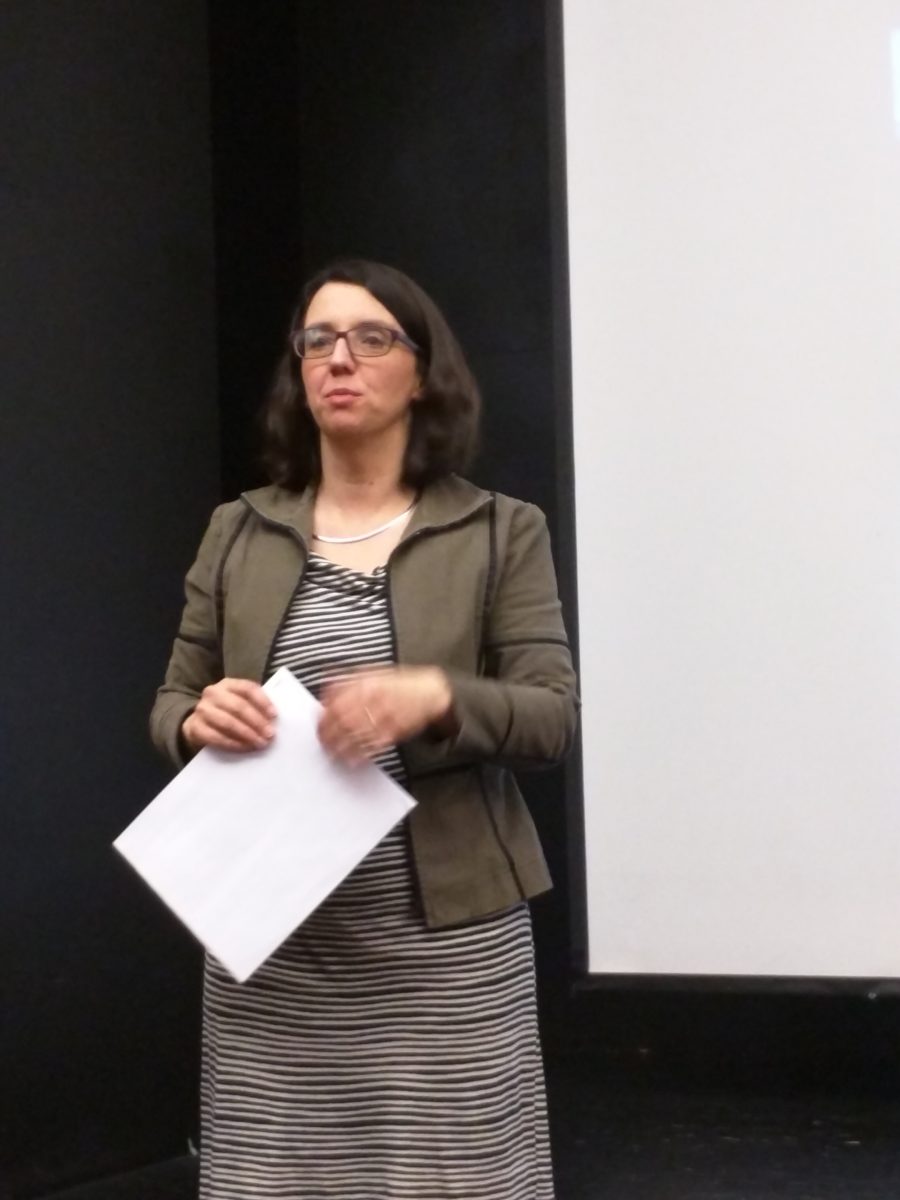
President Obama’s recent visit to Latin America made news headlines as he was the first US president to visit Cuba since 1928. However, his visit to Argentina may be the most controversial.
Obama was scheduled to be in Buenos Ares on Thursday, March 24, which was the 40th anniversary of the military coup that started what was known as “The Dirty War.”
“The choice of date is offensive,” said Karen Robert, Associate Professor of History at St. Thomas University.
“These decade anniversaries are totally arbitrary. There’s nothing really more significant about 40 than 39, but they do tend to open up new conversations about questions of memory and justice, and so these 10 year anniversaries have been very politically significant in Argentina,” said Robert. “They are this week particularly because President Obama is in Argentina for the coup anniversary, which is quite a contentious issue.”
Robert explained in her speech titled “Death Comes in a Falcon: Human Rights and Memory in Argentina” that during the Dirty War, thousands of people, mostly young people, were “disappeared.” Plain clothes police officers and soldiers would kidnap people and throw them into unmarked Ford Falcons to be tortured and killed, and later buried in mass graves or dumped into the ocean. Some were thrown into the ocean alive.
“The goal was to efficiently wipe out and paralyze an entire generation of activists while keeping the whole society in enough doubt, paralysis and fear to make it very difficult for anyone to organize to oppose this wave of violence,” said Robert.
Of course, Argentina wasn’t the first country to kill citizens en masse. Many Latin American countries had military dictatorships around the same time who openly arrested and executed, but
Argentina’s arrests and executions were done behind closed doors after covert kidnappings, and were on a larger and more systematic scale.
The United States has been criticized for knowing about the coup plans. The US embassy in Argentina tried to stop it, but behind the scenes, Secretary of State, Henry Kissinger was encouraging the coup.
“Declassification projects in the United States and in Latin America have really brought to light some of the workings of US involvement in these years, particularly the US role in training and supplying the Latin American militaries who were basically tasked with the job of policing their own populations,” said Robert.
On Thursday, Obama spoke at an event to mark the anniversary, but many big name activist groups, like Mothers of Plaza de Mayo, boycotted the event. Mothers of Plaza de Mayo are a group of mothers whose children were among the disappeared.
President Obama admitted the US was too slow to condemn the human rights violations after the 1976 coup, but he did not apologize for Washington’s initial support for the military dictatorship.
